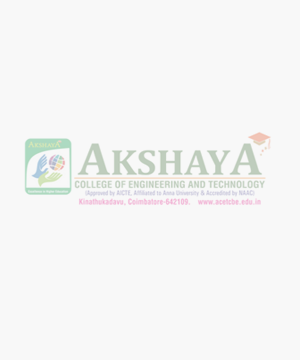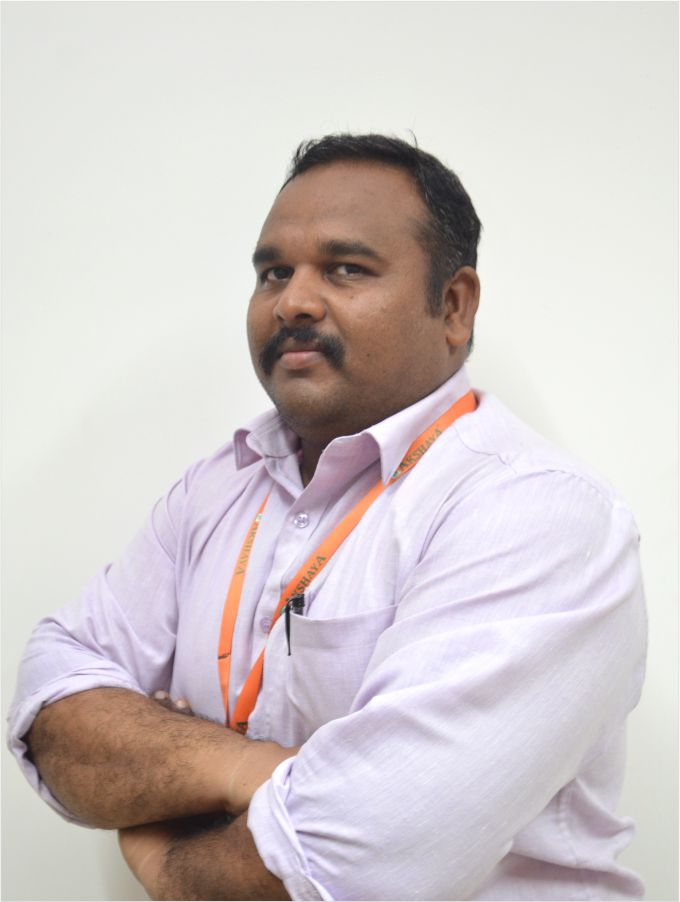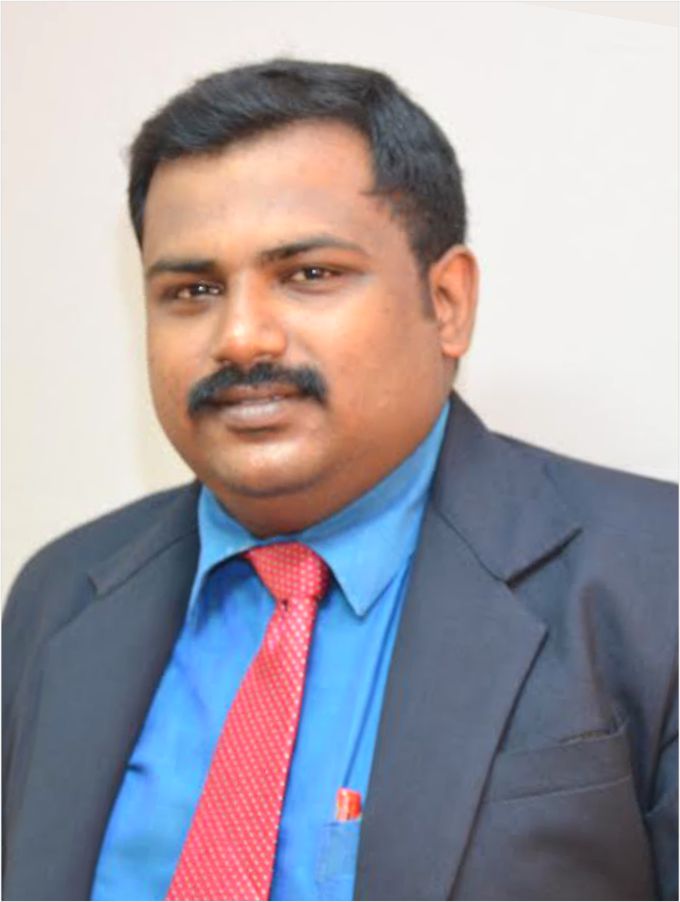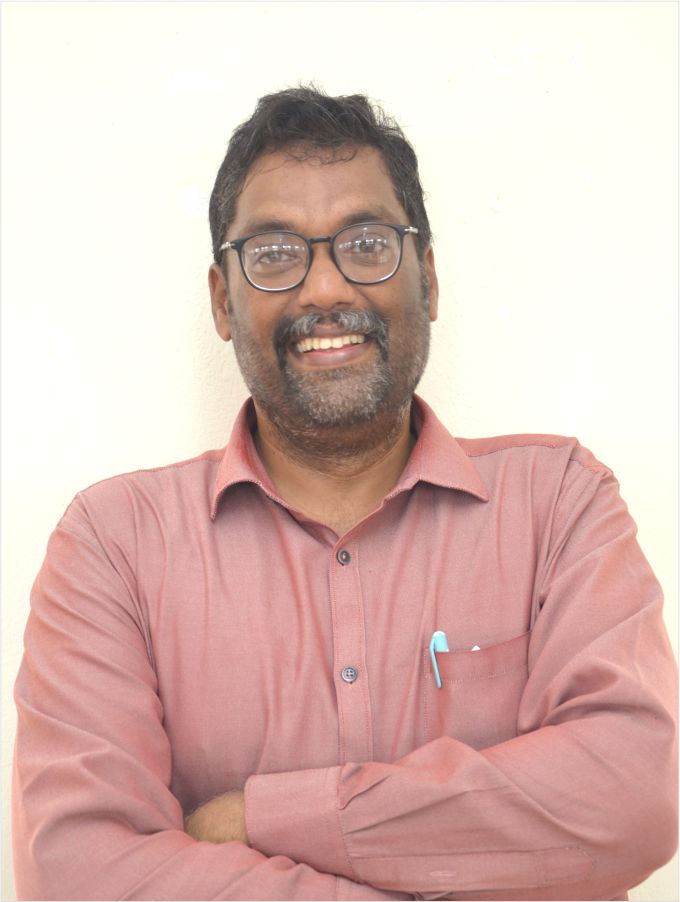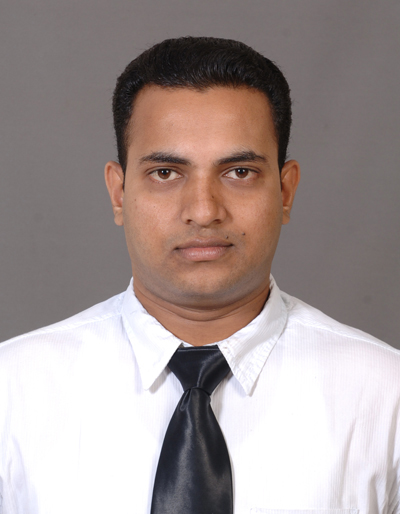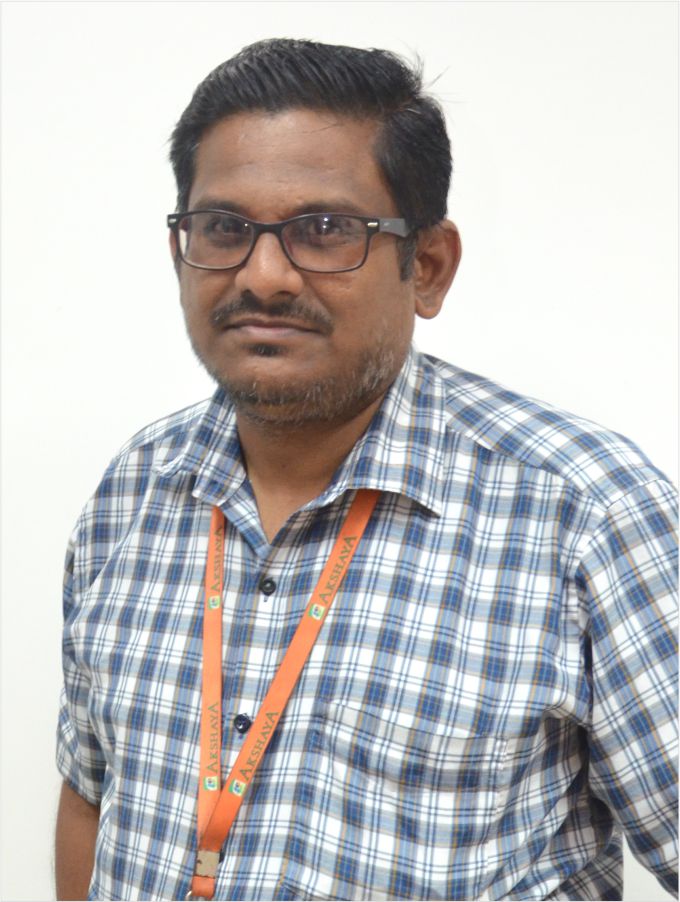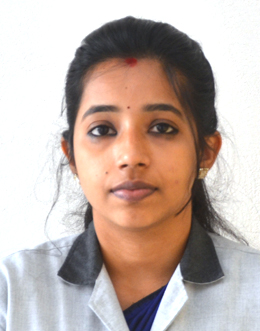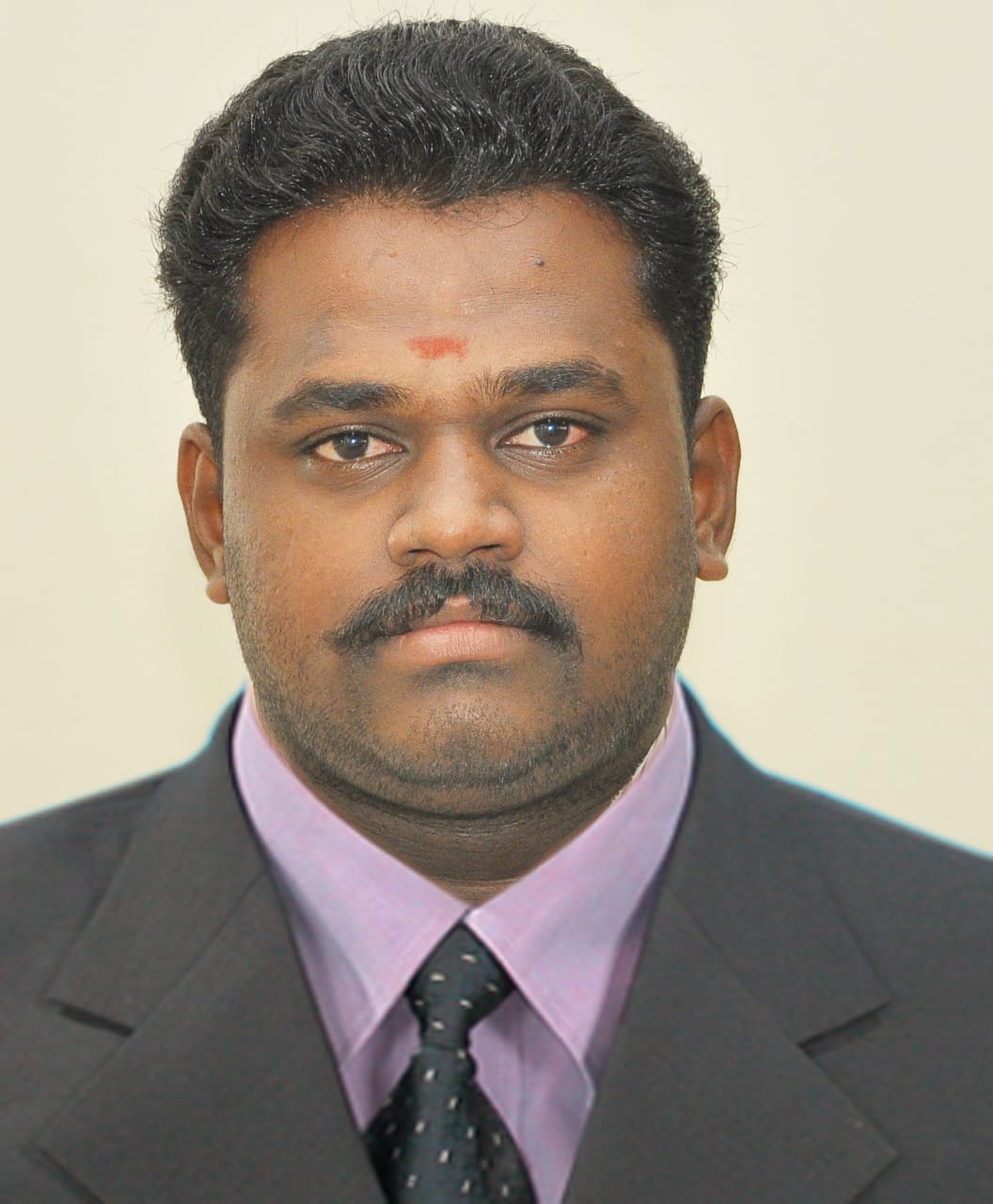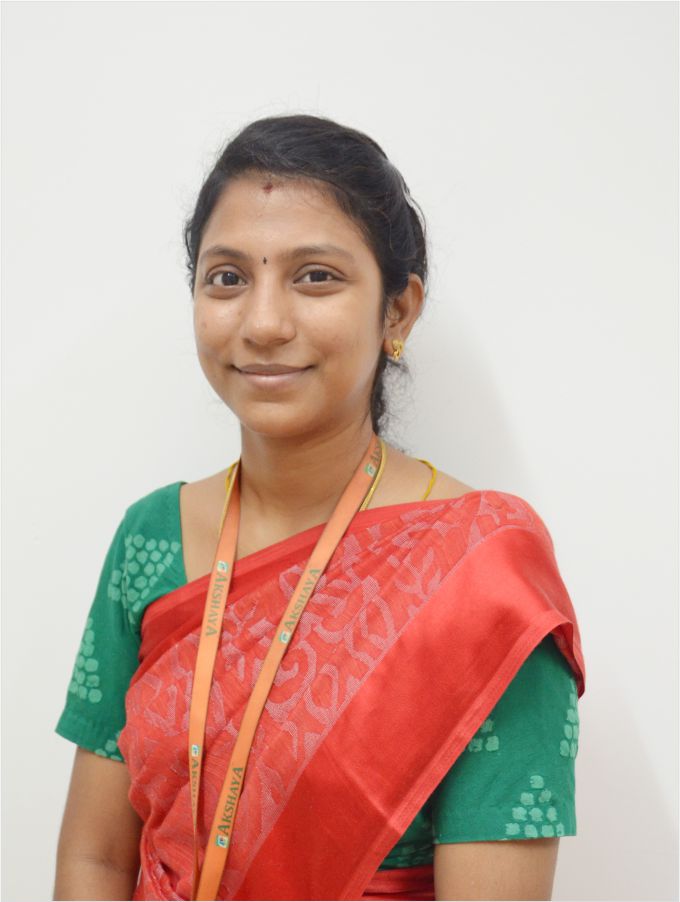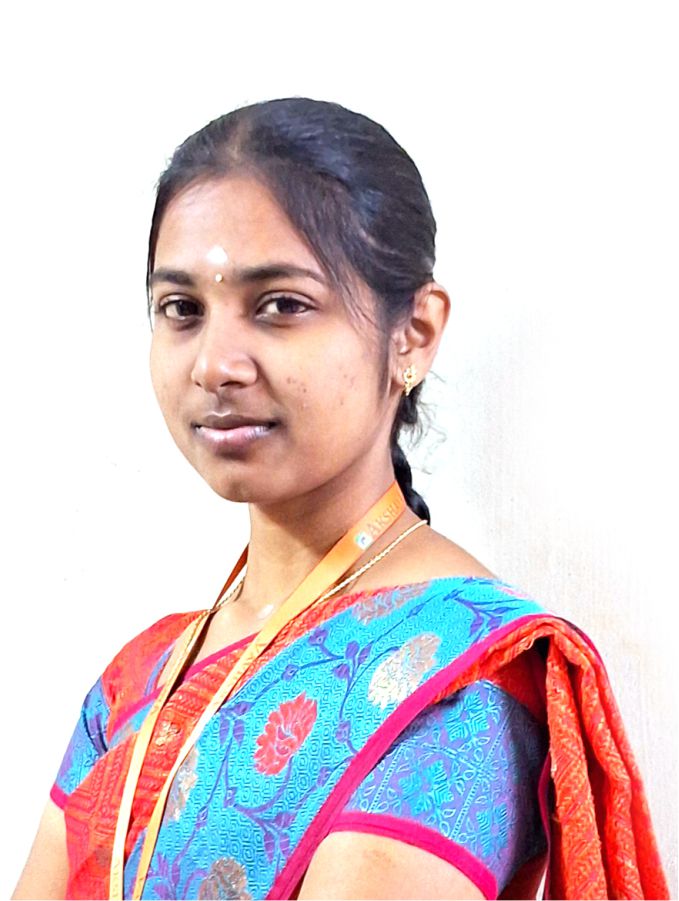About the Department
Established in 2010, the Department of Civil Engineering at Akshaya College of Engineering and Technology, offers an undergraduate programme in Civil Engineering with a student intake of 30 and a postgraduate programme in Structural Engineering with an intake of 18. The department is staffed with qualified faculty and supporting staff specialising in Structural Engineering, Infrastructure, Water Resource Engineering, and Environmental Engineering and Management. The Department aims to equip students with skills in Planning, Analysis, Design, Construction Methods, and Maintenance of various structures. The department boasts modern equipment in laboratories such as Advanced Structural Engineering, Strength of Materials, Hydraulic Engineering, Survey, Environmental Engineering, Soil Mechanics, Concrete and Highway Engineering, and Computer-Aided Building Drawing, facilitating hands-on learning and research.
Vision
To produce quality Civil Engineers having domain knowledge embedded with design, analysis, and research capability, ethical and moral values, for the welfare of society and humanity.
Mission
- DM 1: To produce knowledge based Civil Engineers by focusing theoretical and practical studies with field orientation.
- DM 2: To engage the students in creating design solutions for real life problems associated with industry and society.
- DM 3: To inculcate entrepreneurship culture along with professional ethics among Civil Engineering students and also promote the use of modern tools and techniques for sustainable economic growth.
- PEO 1 : Design Techniques: The graduates will be able to apply the concepts of basic geometrical construction, preparation of plans, design of structural elements, specification, and prepare estimates.
- PEO 2 : Construction Quality & Control: The graduates will be able to build the infrastructure required for the country and apply the tools for quality in construction, cost effective construction materials and methods.
- PEO 3 : Leadership: The graduates will be able to work as a member and leaders in a team, prepare and present reports, and employ project management tools for the evaluation and review of projects globally.
- PO 1: Engineering knowledge : Apply the knowledge of mathematics, science, engineering fundamentals, and an engineering specialization to the solution of complex engineering problems.
- PO 2: Problem analysis : Identify, formulate, review research literature, and analyze complex engineering problems reaching substantiated conclusions using first principles of mathematics, natural sciences, and engineering sciences.
- PO 3: Design/development of solutions : Design solutions for complex engineering problems and design system components or processes that meet the specified needs with appropriate consideration for the public health and safety, and the cultural, societal, and environmental considerations
- PO 4: Conduct investigations of complex problems : Use research-based knowledge and research methods including design of experiments, analysis and interpretation of data, and synthesis of the information to provide valid conclusions.
- PO 5: Modern tool usage : Create, select, and apply appropriate techniques, resources, and modern engineering and IT tools including prediction and modeling to complex engineering activities with an understanding of the limitations.
- PO 6: The Engineer and Society : Apply reasoning informed by the contextual knowledge to assess societal, health, safety, legal and cultural issues and the consequent responsibilities relevant to the professional engineering practice.
- PO 7: Environment and Sustainability : Understand the impact of the professional engineering solutions in societal and environmental contexts, and demonstrate the knowledge of, and need for sustainable development.
- PO 8: Ethics : Apply ethical principles and commit to professional ethics and responsibilities and norms of the engineering practice.
- PO 9: Individual and Team work : Function effectively as an individual, and as a member or leader in diverse teams, and in multidisciplinary settings.
- PO 10: Communication : Communicate effectively on complex engineering activities with the engineering community and with society at large, such as, being able to comprehend and write effective reports and design documentation, make effective presentations, and give and receive clear instructions.
- PO 11: Project management and Finance : Demonstrate knowledge and understanding of the engineering and management principles and apply these to one’s own work, as a member and leader in a team, to manage projects and in multidisciplinary environments.
- PO 12: Life-long learning : Recognize the need for, and have the preparation and ability to engage in independent and life-long learning in the broadest context of technological change.
- PSO 1 : Professional skills: Students shall have skills and knowledge to work on projects on urban and rural housing infrastructure, environment, and sustainability
- PSO 2 : Competency: Students shall qualify at the state, national, and international level competitive examination for employment, higher studies, and research
Head Of The Department (HOD)
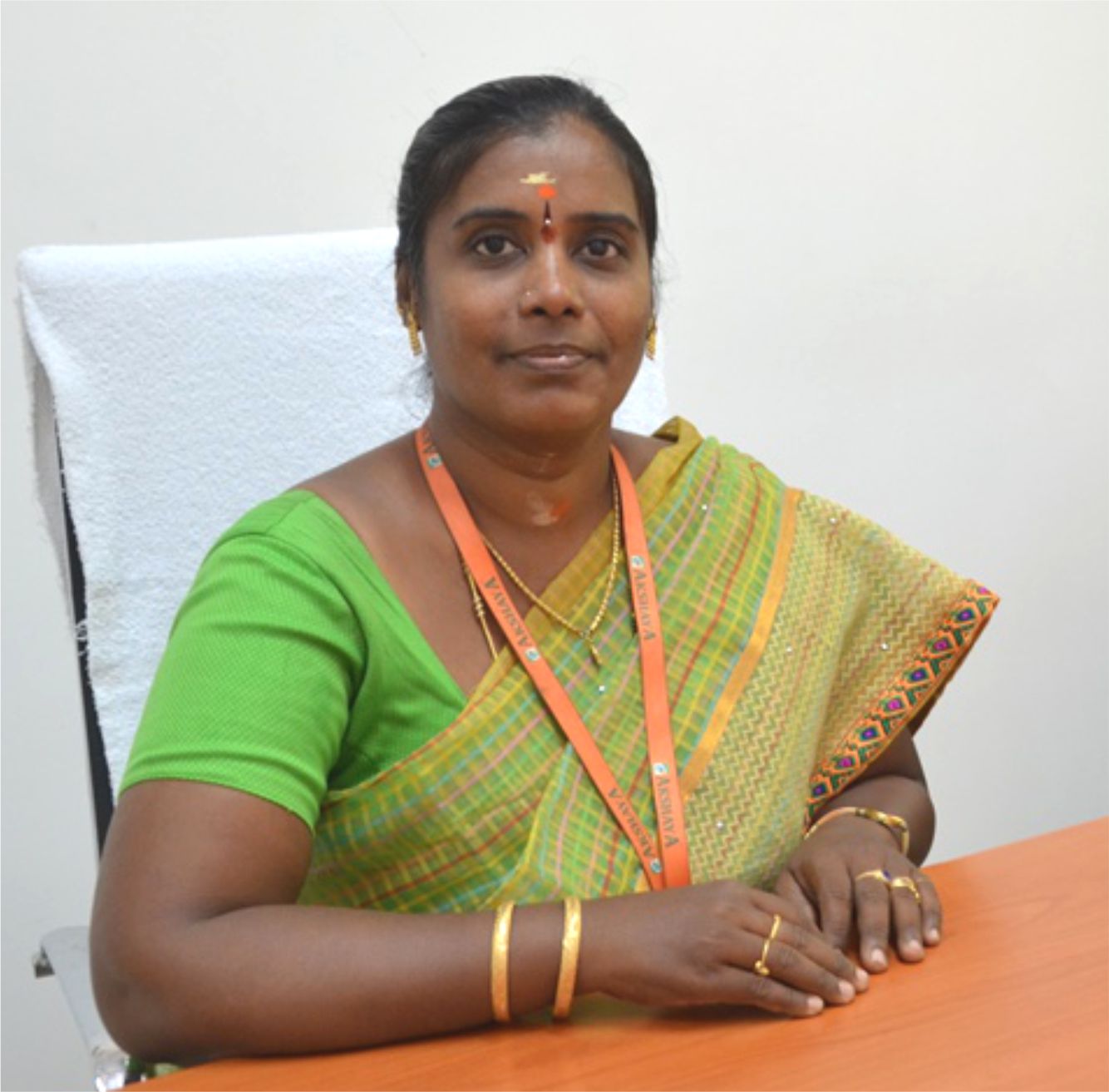

Dr. R.Prem Sudha
-
DesignationProfessor & Head
-
Educational QualificationPh.D.,
-
Teaching Experience17 Years
-
Email Idpremsudha@acetcbe.edu.in
Faculty Profile

